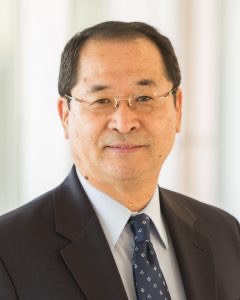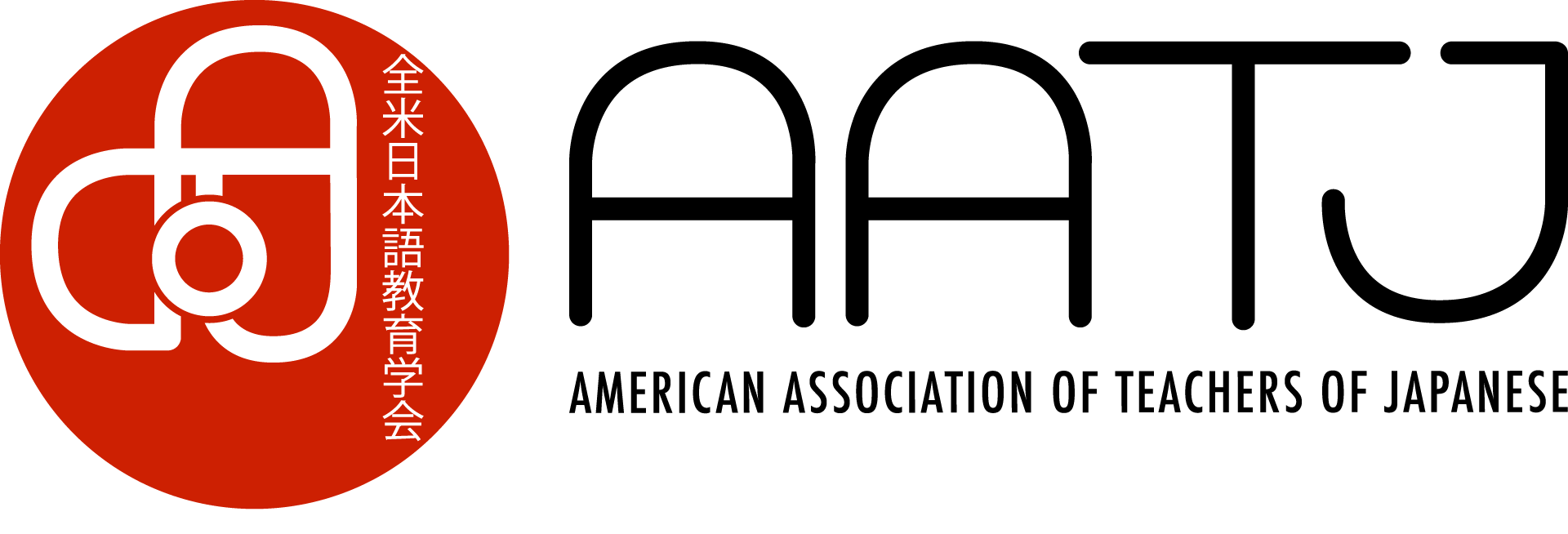
Shigeru Osuka is a Professor of Japanese and Asian Studies at Seton Hall University, New Jersey. Currently he serves as the director of the Asian Studies Program in the Department of Languages, Literatures, and Cultures. His publications include Japanese for Healthcare Professionals (Vermont: Tuttle, 2011, 2015, 2023); Hajimete Mimasenka Rirei-sakubun: Atarashii Kyōdō-gakushū no Kokoromi [Relay Writing: New Approach for Collaborative Learning in Japanese], co-edited with Kiyoshi Noguchi (Tokyo: Coco Shuppan, 2023), three additional books, and numerous articles. He began his Japanese teaching career as a Middle/High School Teacher at Mid-Pacific Institute, Honolulu, HI, 1990-1996 (Foreign Language Department Chair 1991-1996), and he received the ACTFL Japanese OPI certificate in 1992. After obtaining an Ed.D. in Education Foundations at the University of Hawaii at Manoa in 1996, he taught Japanese as a visiting assistant professor at Western Washington University, Bellingham, WA in 1996-1997. He now teaches Japanese at Seton Hall University, starting as an Assistant Professor (1997-2002), then Associate Professor (2002-2012), and currently Professor (2012-Present).
In public service, he was a founding member of the New Jersey Association of Teachers of Japanese (NJATJ) in 2009. Seton Hall University has been hosting JLPT as a Newark, NJ, test site and he has served as the director since 2018. He served as an examiner/reader for the International Baccalaureate (IB) Program 1996-2020 (Examiner Responsible Language A, 2005-2007), AP Japanese 2007-2019 (Question Leader), Critical Language Scholarship 2010-2018 (First & Second Rounds), JET Program 2003-2024, as well as SAT II Japanese Development Committee member 2017-2019. He also served the Mid-Atlantic Region Association of Asian Studies (MAR/AAS) as President (2006-2007), Vice President (2005-2006), and Election and Nomination Committee Chair/Member (2008-2010), and was a board member (COC) for the Association of Asian Studies (AAS) 2009-2012. At Seton Hall University, he has organized the very popular annual Japan Week since 1998; the events are enthusiastically co-sponsored by various government, non-profit, and corporate organizations. He has served as a coordinator of Seton Hall University-Sophia University Exchange Program since 1998. In 2023, he was selected as a recipient of the Teacher of the Year Award from the Seton Hall University College of Arts and Sciences, and also received the University-wide Teacher of the Year Award. Currently, he is preparing a textbook, Japanese for Diplomacy and International Relations, with a grant from the US Department of Education, Title VI Undergraduate International Studies and Foreign Language Program, 2023-2025 (PI: Dr. Peter Shoemaker).
“I would like to express my sincere appreciation to the previous AATJ presidents who built up this organization and its excellent programs. As we witness the improvement of Generative AI with accurate translation on wearable devices (smart watches, eyeglasses, earphones, etc.), the L2 learning environment will be transformed and Japanese language education in the U.S. is facing a critical challenge for building solid foundations in the field. If elected president, first, I would like to foster collaboration with a few Japan related national organizations and seek the possibility of co-sponsorship events/activities with AATJ. Second, currently all educational institutions are seriously implementing assessments. AATJ is responding to these assessments by providing the National Japanese Exam (NJE) and JLPT. However, it may be better to co-sponsor ACTFL Japanese OPI certificate training that allows teachers to evaluate their own students and assess the curriculum and outcomes by themselves. AATJ could provide OPI training opportunities to members with financial assistance. Third, when I looked at other languages’ local organizations, they publish academic journals by selecting articles from their proceedings. AATJ has a high-quality academic journal, Japanese Language and Literature (JLL), but we could support a few local Japanese teachers’ associations, establish an editorial board with financial assistance, and encourage them to publish academic journals. To this end, the above-mentioned three projects are examples, and I am willing to listen to the members’ ideas and suggestions, as well as to increase communication with local AATJ affiliates. I believe that AATJ can inspire Japanese teachers and students more successfully.”

